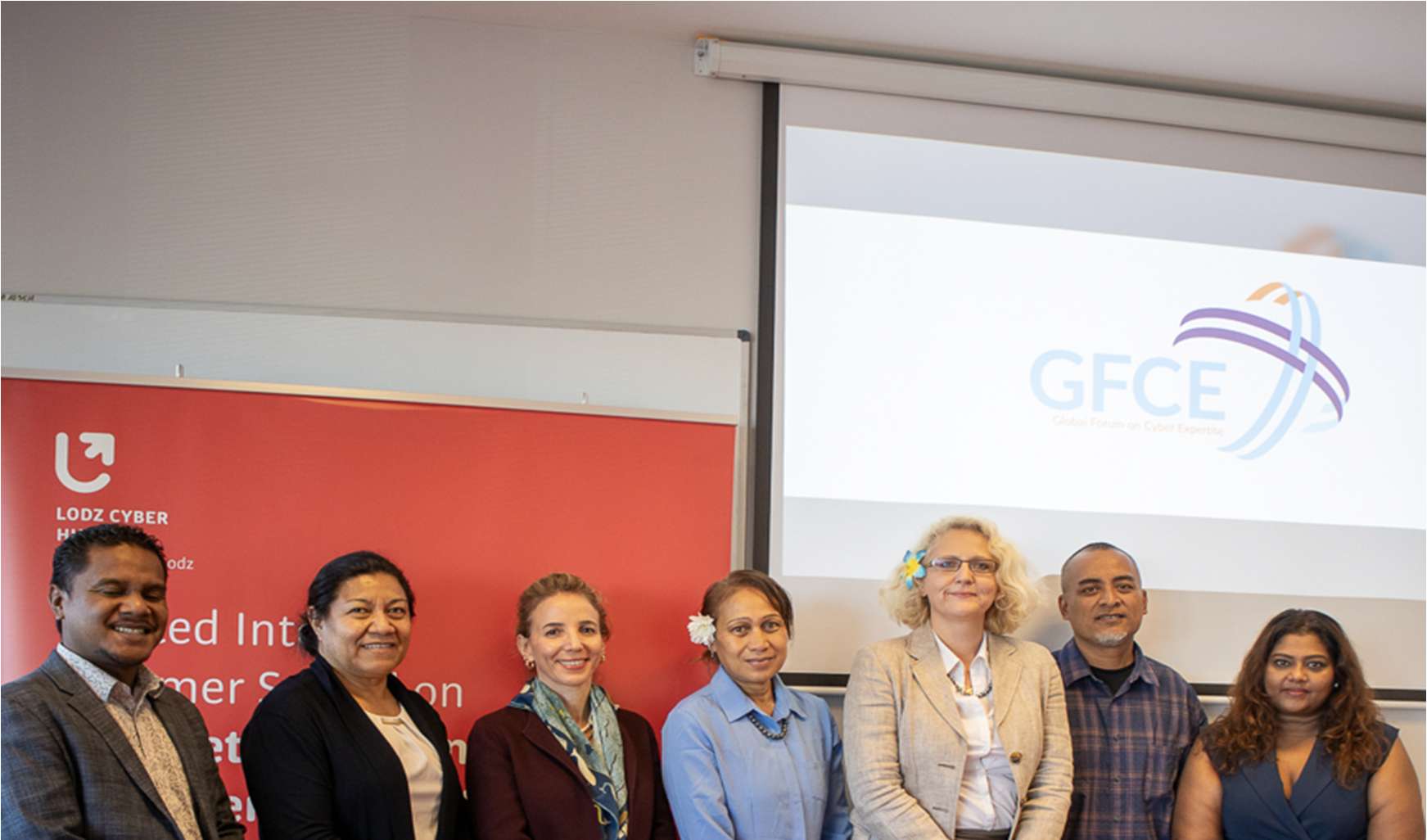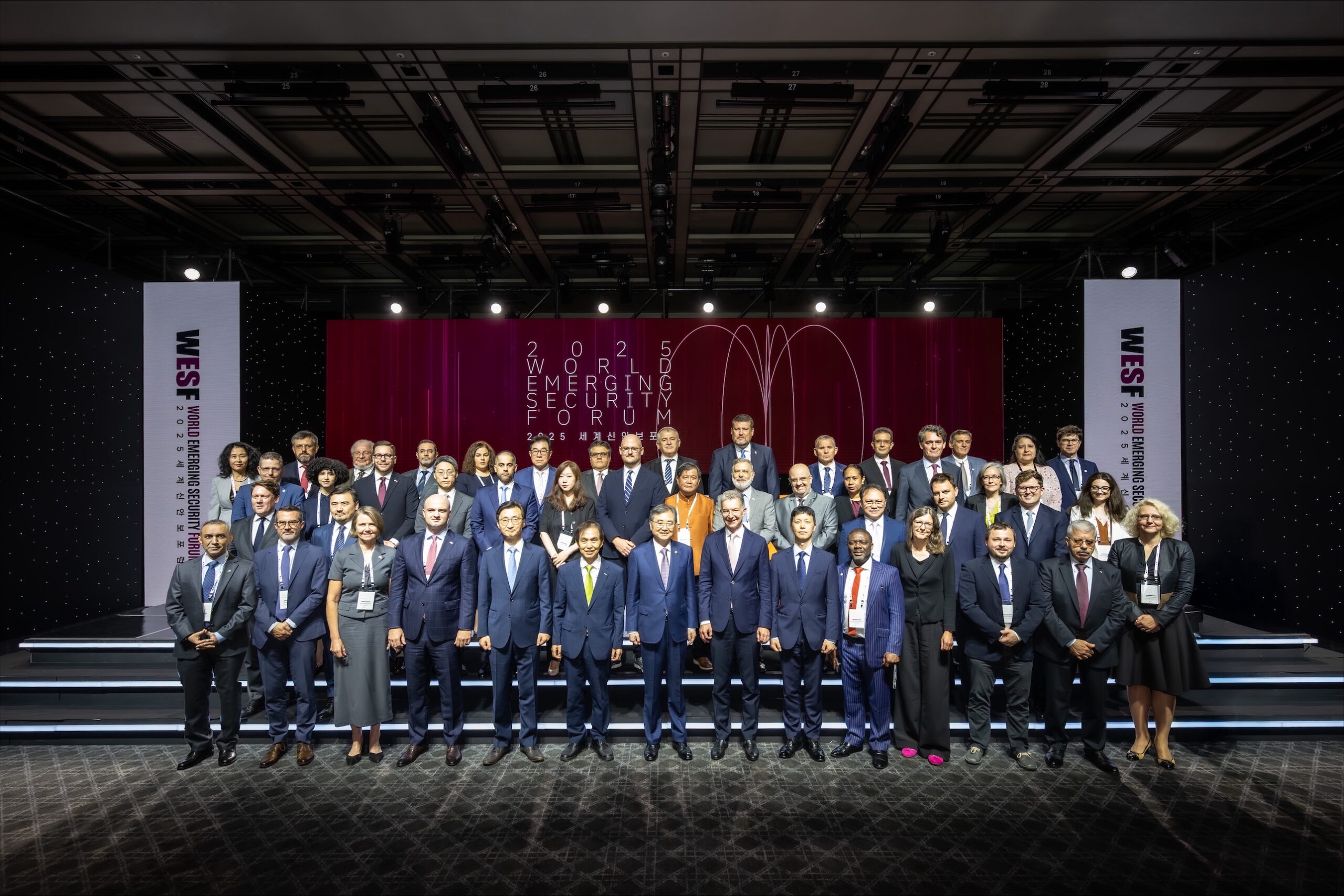News Item | 8 March 2021
The Global Forum on Cyber Expertise is happy to announce its collaboration with the African Union Commission (AUC) on “Enabling African countries to identify and address their cyber capacity needs” through a two-year project.
Introduction
Digital financial services can reach excluded and underserved populations quickly and efficiently, making it a vital strategic pillar to enhance financial inclusion in developing countries. However, because of the digital nature of the deployment of such financial services, cyber risk is growing rapidly and evolving dynamically in developing countries with low cybersecurity capacity. Countries that do not have, for example, a national cybersecurity strategy, a national computer emergency response team (CERT) and cybercrime legislation may find it difficult to increase its capacity to respond to the increasing cyber risks. According to various national cyber security assessments[1], there is an urgent need to connect Africa’s digitalization efforts with ongoing global efforts to improve cybersecurity as this will enable the region to recap the benefits of digital growth while protecting society and reducing cyber risks.
The Global Forum on Cyber Expertise (GFCE) is a multi-stakeholder community of more than 120 members and partners from all regions of the world, aiming to strengthen cyber capacity and expertise globally. The GFCE has extensive expertise and experience that could be valuable for the African region. Various GFCE members and partners are involved in large cyber capacity programs in Africa. This was a key reason to organize the GFCE Annual Meeting 2019 in Addis Ababa with the support of the African Union Commission (AUC). Over 40 African countries participated within the Annual Meeting where the GFCE Working Groups organized workshops on key cyber topics. Additionally, GFCE side-meetings were organized, bringing together donors, implementers and regional organizations to discuss how they could improve coordination and avoid the duplication of efforts in the African region.
To build on the success of the Annual Meeting 2019 and the continuous efforts of the AUC, the GFCE and the AUC seek to strengthen cyber resilience in the African region in close collaboration with all relevant stakeholders.
Two-year collaborative project
The GFCE, in partnership with the AUC, aims to develop cyber capacity building knowledge to enable African countries to better understand cyber capacities and support them in strengthening their cyber resilience with support from the Bill & Melinda Gates Foundation.
Through a two-year collaborative project, the GFCE and AUC aim to achieve the following outcomes:
- Grow a trusted community of cyber leaders from the different African countries;
- Identify relevant cyber capacity gaps on a national and sub-regional level in African countries;
- Enable African countries to prioritize, address and communicate their national cyber capacity needs; and
- Foster coordination and increasing international collaboration between (existing) cyber capacity building efforts in Africa.
The project will build on and utilize existing cyber structures, plans, expertise and capacities within the AUC, as well as within the multi-stakeholder and international GFCE Community. The GFCE Secretariat and the AUC will be responsible for the coordination of the program.
In order to meet these outcomes, the project will focus on the following deliverables:
- Online database of current projects and programs on cyber capacity building in the African region;
- Published report of current cyber capacities as well as capacity gaps in the African region based on desk research and engagement with the African countries, AUC and the African Union Cyber Security Expert Group (AUCSEG);
- Formation of a regional GFCE Africa group with relevant stakeholders from the global community;
- Knowledge modules on key CCB topics[2] with an African regional focus developed in collaboration with the GFCE Working Groups as well as a module on “Communicating the impact of CCB” and “Reducing the gender gap in cybersecurity leadership”;
- Formal and informal knowledge sharing opportunities during in-person and/or online meetings;
- Concrete requests for national cyber capacity support as input for the tailor-made spin-off projects.
If you have any questions, please contact the GFCE Secretariat at contact@thegfce.org.

[1] For example, the Global Cybersecurity index published by the ITU and cybersecurity maturity assessments done by Oxford University’s Global Cybersecurity Capacity Building Center.
[2] Based on the themes identified in the GFCE Global Agenda for Cyber Capacity Building.


